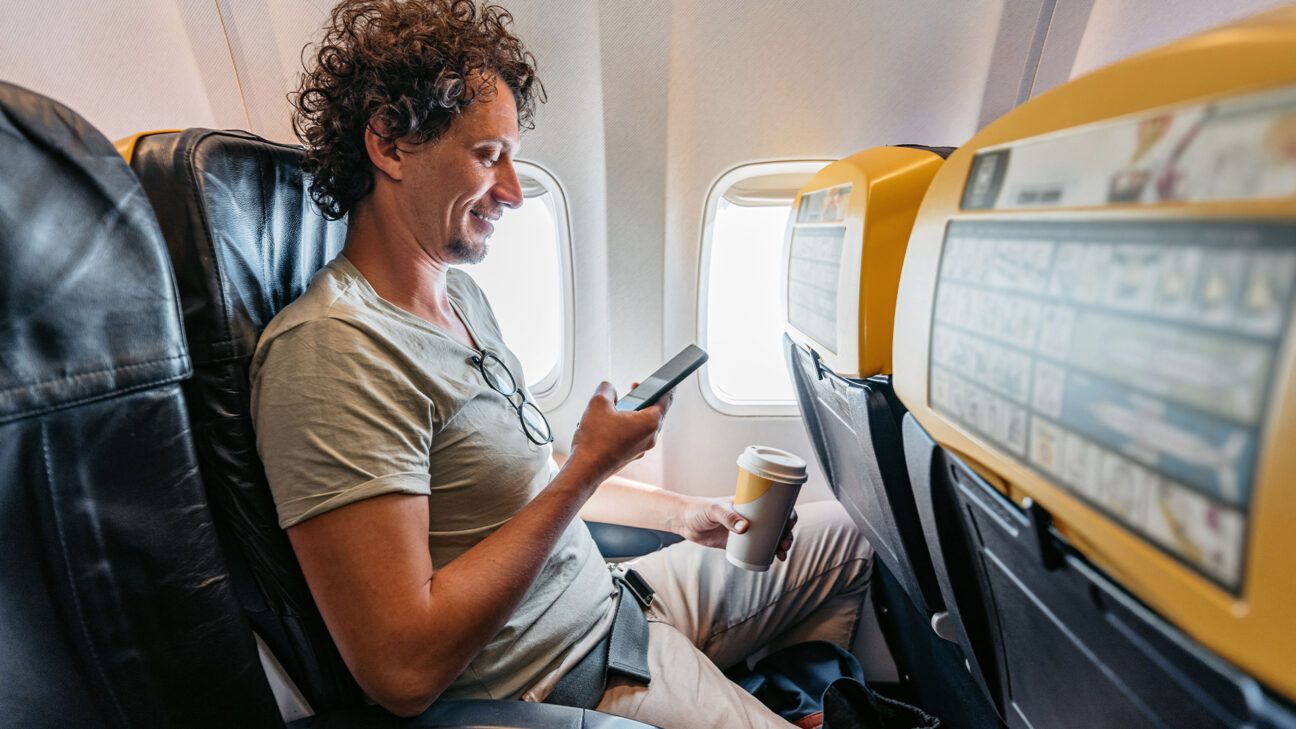- Traveling with a medical condition may have its challenges, such as packing medications and medical equipment.
- The American Heart Association offers tips for safe travel with a chronic medical condition, including checking in with your doctor before you leave.
- Planning ahead can help reduce travel stress, such as packing extra medication in case of travel delays or finding nearby medical facilities and pharmacies at your destination.
Holiday travel can be stressful for anyone. But for those with a health condition, such as heart disease or diabetes, it may come with a few unique challenges.
That doesn’t mean travel is off limits for people with a chronic medical condition. With a little planning and preparation, you can take care of your health while spending the holidays with your family and friends, or while on a solo trip to the beach or mountains.
“[Traveling is] not always that simple for people who have chronic health conditions that require multiple medications or special medical equipment,”
While “every individual’s condition is unique, and you’ll want to tailor your travel plans to your specific needs,” said Velarde, “by taking a little time now to plan and prepare, you can enjoy your holiday or vacation.”
The AHA and other experts offer the following tips to help take some of the stress out of traveling for people with medical conditions.
Check-in with your healthcare professional
Before you leave for your trip, contact your primary care physician’s or specialist’s office to ask about any restrictions or precautions you need to keep in mind while traveling.
For example, if you had surgery recently, your surgeon may want you to avoid walking for long distances or lifting a suitcase or other heavy objects, said Dr. Robert Miller, a doctor of internal medicine with Vista Staffing.
If you need to limit your walking, when you book your plane ticket, request a wheelchair or courtesy cart for getting through the airport.
Travel also often involves sitting for long periods, which the AHA said can increase your
If you will be sitting for longer than 4 hours in a car or on a plane, take steps to decrease your risk:
- Wear compression socks.
- If traveling by car, stop every few hours to get outside and walk around.
- If traveling by plane, frequently walk around the airplane’s cabin when safely permitted.
- While seated on a plane, do some simple heel and toe lifts to exercise your calf muscles and increase the blood flow in your legs.
Miller also recommends that you carry a summary of your medical records, with health conditions, recent treatments and medications, as well as a list of phone numbers for your doctors and emergency contacts.
This information is especially useful in the event that you are unable communicate for yourself in an emergency, he told Healthline.
He said you might also consider wearing a medical bracelet, which helps first responders or other healthcare professionals know your medical conditions if you can’t communicate with them.
Manage your medications
The AHA recommends that you carry a list of all your medications, including the dosages and pharmacy information. In addition, make sure your medications are clearly labeled, and you have enough for your entire trip.
If your medications need to be refrigerated, plan for how to keep them cold while traveling and at your destination, such as in the hotel.
When packing your medications, Miller suggests packing extra in case of travel delays, such as bad weather or other flight problems. In addition, make sure your medications are still usable.
“I had a patient who had an allergic reaction while on a flight … but her epinephrine pen was expired,” said Miller. “Fortunately, there was someone on the flight who had a good epinephrine pen.”
If traveling to another country, check with the U.S. embassy or consulate to find out if there are any medication restrictions at your destination, said Miller.
This includes cannabis and cannabidiol (CBD) products, which are illegal in some countries.
Plan on transporting medical devices
If you have special medical equipment, you may need to check with the airline or other travel company to see how you can safely transport those. This includes:
The AHA also recommends packing your blood pressure device or glucose monitor if you use one regularly.
If you have a pacemaker or implantable cardioverter-defibrillator (ICD), you may need to go through special screening at the airport’s security, the AHA said.
Coordinate your care at your destination
Before you leave on your trip, think about the medical care you may need while you are away, especially “if you’re going to be gone for a while,” said Miller.
For example, “if you’re on dialysis, you might need your nephrologist to reach out and coordinate with a doctor in the location you’re going to so you can continue your treatment while away,” he said.
Also, familiarize yourself with the local emergency numbers at your destination, said the AHA, as well as the location of nearby medical facilities and pharmacies.
In addition, keep in mind that “the local climate and elevation may impact how you feel — extreme heat or cold can affect circulation and put extra strain on your heart,” the AHA’s Velarde said.
“In high altitudes, there is less oxygen in the air, and that means less oxygen will be carried in your blood.”
If you will be going on a cruise, Miller suggests stopping by the infirmary after you board to introduce yourself to the healthcare staff and giving them a copy of your medical history and medications.
Most of all, be proactive.
“With chronic conditions, you’re going to be dealing [with] and managing them for a long time,” said Miller. “So it’s important to make sure that you’re aware of the things that need to be done before your trip.”

